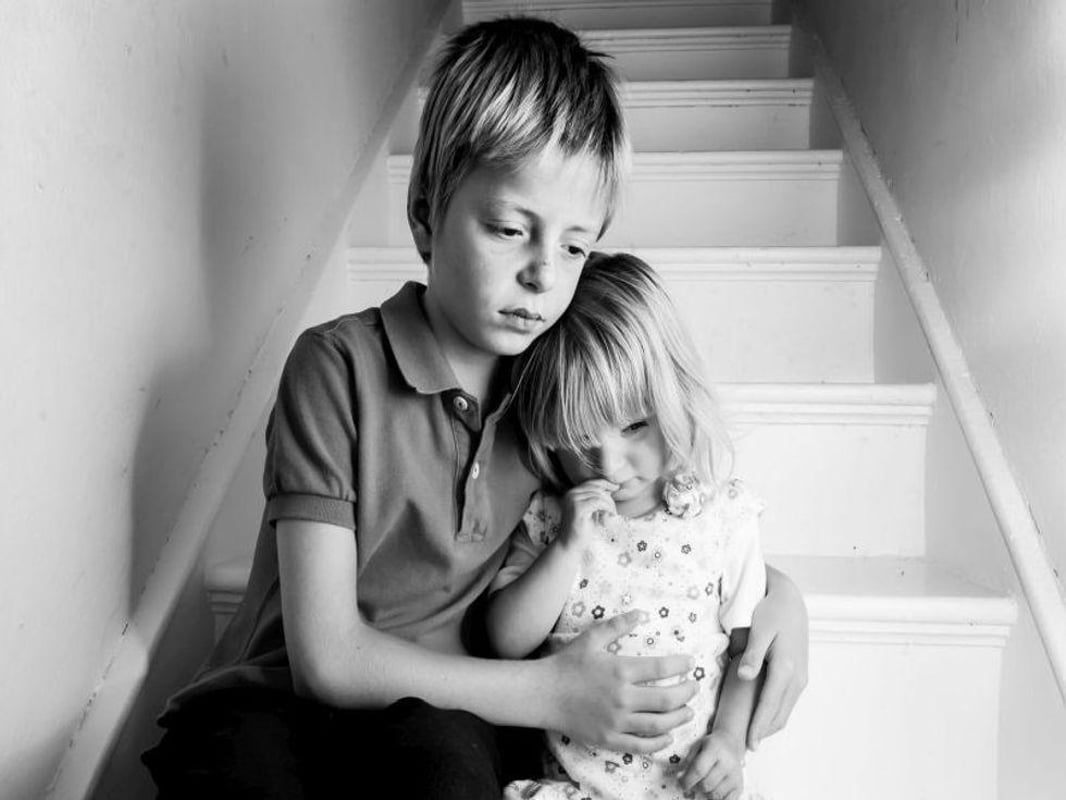Childhood Trauma Linked With Higher Odds for Adult Neurological Ills

THURSDAY, Sept. 23, 2021 (HealthDay News) -- Kids who suffer abuse, neglect or household dysfunction are more likely to have neurological problems like stroke or headaches as adults, researchers report.
"Traumatic events in childhood have been linked in previous studies to a higher risk of heart disease, diabetes, riskier health behaviors like smoking and drug use, and decreased life expectancy," said researcher Dr. Adys Mendizabal, of the University of California, Los Angeles.
"They have also been linked to a higher risk of headaches, but for many other neurologic conditions, little is known. Our study found that people with neurologic conditions like stroke, headache and epilepsy were more likely to have experienced abuse, neglect, or household dysfunction as children when compared to the U.S. population," Mendizabal added.
The study can't prove that these experiences cause neurologic conditions, only that the two appear associated, according to the report published online Sept. 22 in the journal Neurology.
For the study, the researchers surveyed nearly 200 patients at a neurology clinic. Each completed a questionnaire about bad childhood experiences, and was screened for anxiety and depression.
On scores of 0 to 10, a score of 4 or more was considered high. The investigators found that 24% of the patients had high scores, compared with 13% of the general population.
Those with high scores frequently used the medical system, the findings showed. They were 21 times more likely to have four or more emergency department visits in the previous year, and five times more likely to be hospitalized three or more times in the last year. They were also three times more likely to call their clinic 15 times or more within the prior year.
These findings suggest that people with adverse childhood experiences may have more neurologic symptoms, disability or greater medical needs, Mendizabal said in a journal news release.
These patients were also six times more likely to have other medical conditions and five times more likely to also have a psychiatric condition. Depression and anxiety scores were also elevated in many patients, the researchers noted.
"Early recognition of these high adverse childhood experiences in people with neurologic conditions may be a way to improve their health," Mendizabal said. "Appropriate referral to social work and behavioral health resources may provide people with support that may reduce their need for health care and improve their neurologic health."
More information
For more on long-term consequences of childhood abuse, see the U.S. Department of Health and Human Services.
SOURCE: Neurology, news release, Sept. 22, 2021
Related Posts
For Baby’s Sake, Moms-to-Be Need the Whooping Cough Vaccine: CDC
WEDNESDAY, Feb. 8, 2023 (HealthDay News) -- Pregnant women can help protect...
ACC: Low-Sodium Intervention Has Little Benefit in Heart Failure
THURSDAY, April 7, 2022 (HealthDay News) -- A dietary intervention to reduce...
Fitbit Recalls Over 1 Million Smartwatches Due to Burn Hazard
WEDNESDAY, March 2, 2022 (HealthDay News) -- Nearly 1 million Fitbit Ionic...
Tips to Checking Your Skin for Skin Cancer
SUNDAY, June 4, 2023 (HealthDay News) -- Skin cancer can pop up anywhere on your...
